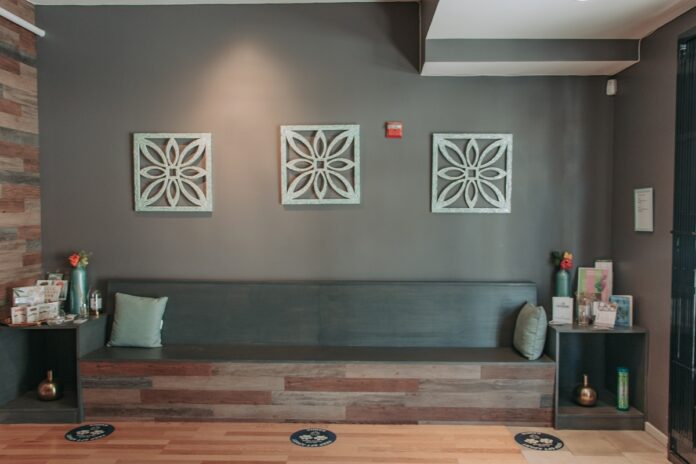In June 2020, San Francisco native Reese Benton smashed through a long-lingering glass ceiling in the local cannabis industry. After three years of turbulence and uncertainty, and a lifetime of resilience in the face of continued setbacks and structural oppression, Benton opened Posh Green Cannabis Boutique, the first equity retail dispensary independently owned by a woman of color.
“It was a very long road to get to the beginning, and there were lots of times I thought I might be beat,” said Benton, who decided to open her own store after an ex-boyfriend wouldn’t let her into his dispensary. “But now that we’re here and serving those in need with excellent products, it feels incredible.”
Benton’s push to open Posh Green played an instrumental role in informing the city’s social equity program and how the objective—correcting inequity in the cannabis industry by creating opportunities for those affected by the war on drugs—was manifested in policy.
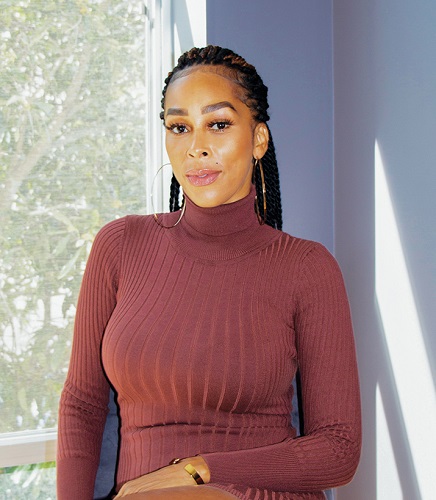
In many ways, Benton was the model candidate for a social equity license. She’s a young Black woman who had a bold, clear vision to create the “Nordstrom of cannabis,” a customer-service-focused boutique that delivered medicine intentionally. But Benton’s life and experiences are emblematic of the problems that have plagued many communities of color since the 1970s, when the flood of crack cocaine into inner cities coupled with a dramatic escalation in policing and sentencing created generational harm still felt today.
Benton’s father was one of many Black men incarcerated in the 1980s for selling drugs. Her immediate family—mother, grandmother, grandfather—all became hooked on crack as the cheap, addictive substance ravaged entire communities. Benton’s fragile family structure crumbled around her.
Yet despite traumatic setbacks, Benton’s character hardened and her survival instincts blossomed into a business hustle she credits to her father’s influence as an entrepreneur, of sorts. “Despite him being in jail when I was growing up, I took a lot of positive qualities from my Dad,” she said. “I learned a lot about the value of hard work and treating people how you expect to be treated. These are the basics, but some people never learn their importance.
“Knowing what I know now about business, I can say without a doubt my Dad would have thrived at anything he’d put his mind to,” she continued. “It’s just a tragedy that more opportunities didn’t exist for him to build something back then.”
As the city was drafting its social equity program in 2016, San Francisco District 10 Supervisor Malia Cohen reached out to Benton—who was then operating with a medical cannabis license—and asked her to consult on the language in the bill and how it could be best implemented.
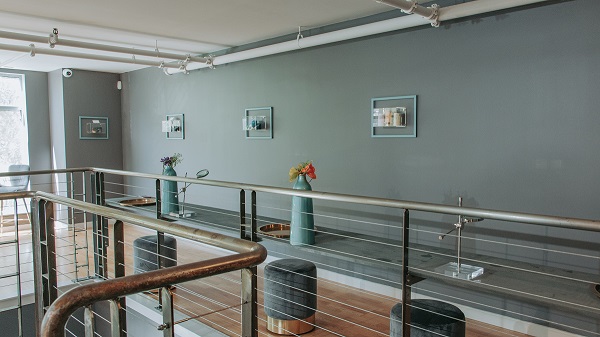
“I never in my life thought I would be working alongside these government offices or be appointed to the economic task force by the mayor,” Benton said. “Since this whole journey started, it’s just been a lot of things that I never imagined in my life would happen.”
Prior to entering the cannabis industry, Benton worked in the radiation oncology clinic at the University of California, San Francisco, and then in clinical trials at what is now Zuckerberg San Francisco General Hospital and Trauma Center. “I used to do all the research, the X-rays, pulling data from the medical library,” she said.
She first encountered medical cannabis while working with HIV patients, many of whom had turned to cannabis to help with treatment-induced side effects like nausea and reduced appetite. “I was a health worker in a clinic that served a lot of people from the LGBTQ community, both giving them their results and counseling,” she said. “That’s when I first started seeing people using cannabis for that kind of wellness. I could see it really helping people in need.
“I worked in healthcare for most of my life before coming into the cannabis industry so it feels very natural to come back into it again, but this time as an entrepreneur,” she added.
In Posh Green, the diverse elements of Benton’s life experiences and the direct needs of her community coalesce. Elevated interior design and devout, education focused customer service are supported by a tightly curated selection of medicinally focused brands and products. Confidence in the products she stocks laid the foundation for Posh Green’s “Nordstrom of cannabis” nickname, Benton said.
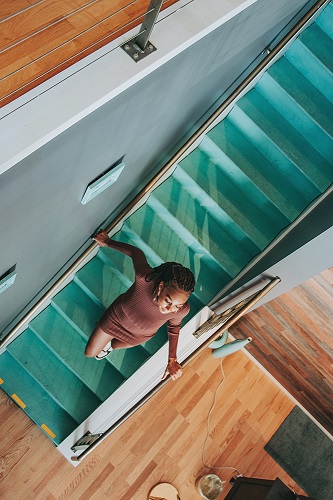
“We call ourselves the ‘Nordstrom of cannabis’ because [consumers can] return anything, and that’s very rare in the cannabis industry,” she said. “Any product I put in my store, I truly believe in and back it up by offering that guarantee to the customer. If that product isn’t right for you, we will work with you to make sure we get the right product. People appreciate that.”
Since opening in June, slap-bang in the middle of a pandemic and amid enormous social unrest, Posh Green’s business has thrived even as some other shops in the area have struggled. “We have folk passing up four different dispensaries to come spend their money with us,” Benton said. “Some have come from Sacramento, San Jose, Antioch, Pleasant Hills, just to shop here and support the business. I mean, we’ve even had people jump off the plane and come straight to our dispensary!”
She quickly added the vast majority of her patrons seek the plant’s medicinal benefits. “You’d be surprised,” she said. “We’ve had veterans come in and tell us they haven’t slept properly in years; nothing they tried worked until they came to Posh Green and we made a recommendation. Those are the kind of stories that keep me going, even when I’m going through my own personal things.”
Heavyweight delivery platform Eaze recognized the considerable value of what Benton has been fighting to create and the new ground she is breaking. The company picked Posh Green out of 132 applicants for the company’s inaugural Momentum accelerator, which was established in late 2019 to “highlight underrepresented entrepreneurs in the cannabis space, particularly those who have been in the industry since before adult-use regulations and been harmed by the war on drugs.”
“Reese is the prime example of an entrepreneur who was a natural fit for the Momentum program,” said Ishaq Ali, Eaze’s senior social impact manager. “She has been a pinnacle of her neighborhood and the [San Francisco] cannabis community for years, and we felt it was important to recognize her work.”
As well as providing a ten-week training academy presented by experts from across the cannabis spectrum, Momentum gave a $50,000 grant to each of the ten businesses that finished the program. For Benton, the support came at the perfect moment. Three years into the process and on the eve of opening, organized opposition from local anti-cannabis activists presented a new suite of expensive legal challenges. The resources provided by Eaze—both financial and administrative—helped her win the fight.
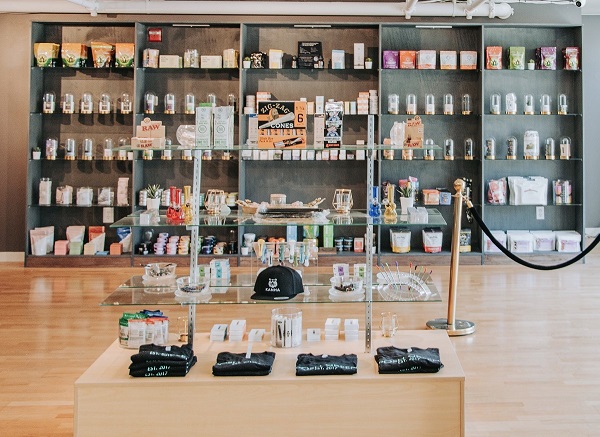
“Watching Reese roll with the punches and successfully open up the first Black-woman-owned cannabis business in San Francisco is something to be extremely proud of,” Ali said.
Benton said change already is in the works for the store. A Posh Green flower line is on the way, and she is eyeing expansion opportunities not only in the San Francisco Bay Area but also in far-flung locations like Aspen, Colorado; Atlanta; and Beverly Hills, California. “When [customers] travel to different places in the country, they’ll have the same Posh Green experience,” she said.







